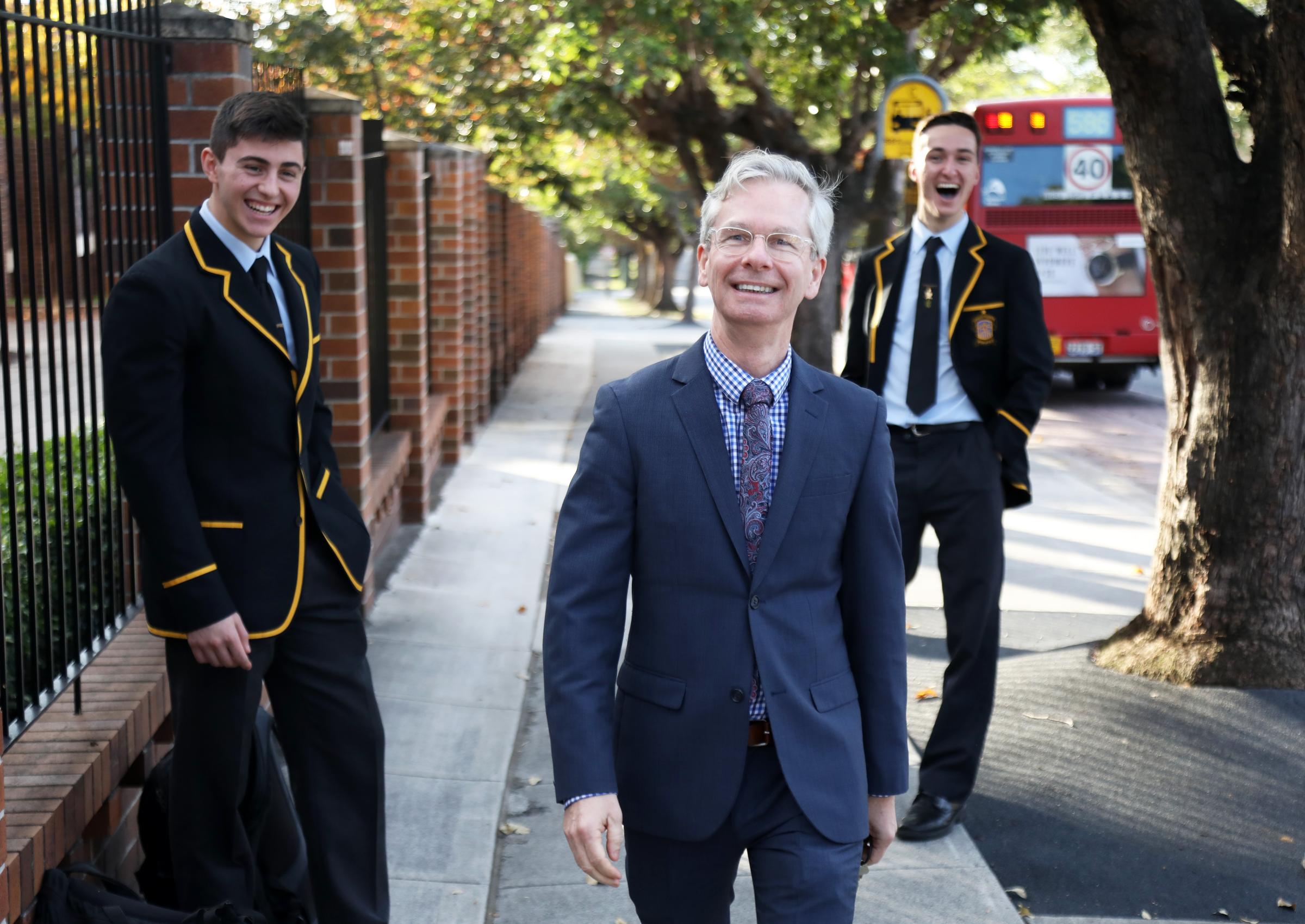Principal

My Robot Just Does Not Care About Me
Scaremongers and science geeks would have us all believe that our children will be under or unemployed because AI, VR and robots will take over the world. Once upon a time it was the anti-immigration xenophobes that claimed that new arrivals to Australia would take all the jobs from Australians, but these days the fear seems to be more about how technology will render us out of work. I simply do not think this will be the case.
It is true to say that advances in technology have seen many jobs disappear, particularly in manufacturing (which we do precious little of in this country anyway but that is a different debate altogether), however, technology and the advances in it have seen a plethora of new industries and jobs created in the field.
I owe a debt here to Professor Mark Williams who works as an academic at Macquarie University in cognitive neuroscience. He recently published an article bemoaning the calls for a revolution in education and posited that indeed this is simply what we do not need, because education is not broken. As a relatively modern phenomenon universal/mass education is only about 200 years old. It has served us tremendously well to date. In addition, the evidence about the use of technology in schools as a tool in this revolution, has not been staggeringly flattering in terms of learning gain.
So, AI, VR and robots are unlikely to change our employability ultimately because we are human. And humans need other humans. We are innately social creatures and we crave each other: we need human contact, interaction, conversation, laughter, and discourse. We need disagreement and debate and we do all of these things as customer, service manager, employee and employer alike. Professor Williams says he could get a cup of coffee made by a robot because they are capable of doing this task well, but he chooses instead to go and visit his local barista, i.e., a modern day human (probably a hipster with a mightily impressive beard or plethora of piercings, and an intricate web of arm and leg tattoos to stereotype just a little for the sake of the story!) and to have this human make him a cup of coffee, with the full realisation that it has probably cost him three times the amount the robot would have cost. The human is the lynchpin here. When I go to a local café I delight in the pleasant rapid-fire exchange and banter with the workers. We inquire about each other’s week, families, and interests. We waste time together. Especially in Australia, being the friendly, have-a-chat bunch that we are, it is not only about the transactional event, it is much more than that.
Robots are cool, but they are not people. They can do lots of jobs, but they are not great listeners. They cannot give an empathetic glance, or a reassuring “yeah”, they won’t gently touch our arm to let us know they care, and they do not check-in with us next time we meet to follow up on the previous conversation. I suspect we will never replace humans with technology in careers that are people-centric, where care and social discourse are part of the human need. And this is not limited to low-paid, low-skill work either. Some of the best examples of innovation, creativity and engineering design come from think-tanks of humans spit-balling ideas together. The Japanese car manufacturer Toyota actively encourages human ideas and the opportunity for anyone at the company to provide input into their notion of continuous improvement, which they call “The Toyota Way” or “kaizen”. Sure, computers and technology are used for modelling and are important tools in the process, but the human element remains crucial in solving problems and taking incremental steps to be better.
Artificial intelligence and virtual reality represent amazing developments in technology. But they remain artificial and virtual. Give me authentic (human) intelligence and real-reality any day. As a teacher, I still want to engage in real time, face-to-face with my students. I still want to commence my lesson in shared prayer, in polite and genuine exchanges of welcome and inquiring about the health and wellbeing of the other before we get into the business of learning. I delight in the social climate of the classroom, and I relish the dynamic of the group.
Let us not worry too much that our children will be pushed out of their world of work by a robot. Let us instead equip them to be great humans, with accomplished skills in creativity, social interaction, speaking and listening, reading, and writing. And naturally, let us throw in a hefty dose of technical and technological skills: tools they will use to accomplish the human stuff.
Condolence
Please pray for Callum Williams (Year 10) and his family as they mourn the loss of his grandfather Chris Williams. Eternal rest grant unto him O Lord and let perpetual light shine upon him. May he rest in peace.
Craig Wattam
Principal
